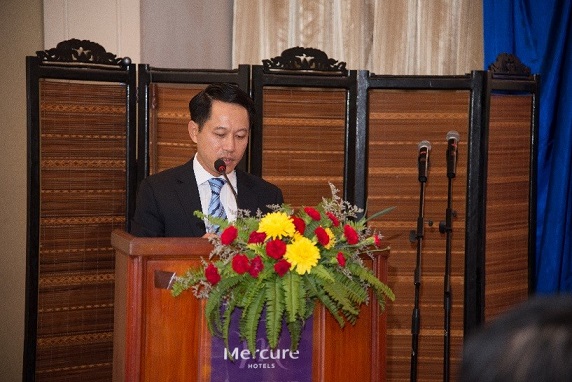(Hanoi, 23 June 2015, Vietnam Economic Times) - Rarely do representatives from the agriculture sector in ASEAN countries take part in ASEAN meetings, Mr. Tan Sri Dr. Mohd Munir Abdul Majid, Chairman of the ASEAN Business Advisory Council, said at the Responsible Business Forum (RBF) on Food and Agriculture held on June 23 in Hanoi. “There are few large ASEAN enterprises in the sector,” he added.
Mr. Majid said that the importance of agriculture should be better promoted among enterprises and policymakers within ASEAN. The bloc is now preparing its agenda post-2015, he added, with stable development featuring prominently, while he couldn’t say how much of it focused on agriculture.
At the conference Mr. Simon Tay, Chairman of the Singapore Institute of International Affairs, called for innovation in encouraging more enterprises to be involved in agriculture in ASEAN. In Vietnam only 1 per cent of all enterprises invested in agriculture, said Mr. Vu Tien Loc, Chairman of the Vietnam Chamber of Commerce and Industry (VCCI). “Even fewer enterprises invest in high technology in the sector,” he added.
The conference also heard from Professor Peter Timmer, Thomas D.Cabot Professor of Development Studies, Emeritus, at Harvard University, who spoke about three levels for cooperation among ASEAN countries in agriculture. Firstly, countries have to have their own policies but these policies have to be suitable for cooperation among all countries. Secondly, countries must identify the role of the State and private sectors. Thirdly, structures to encourage public-private partnership must be introduced.
To read the original press release, click here.

